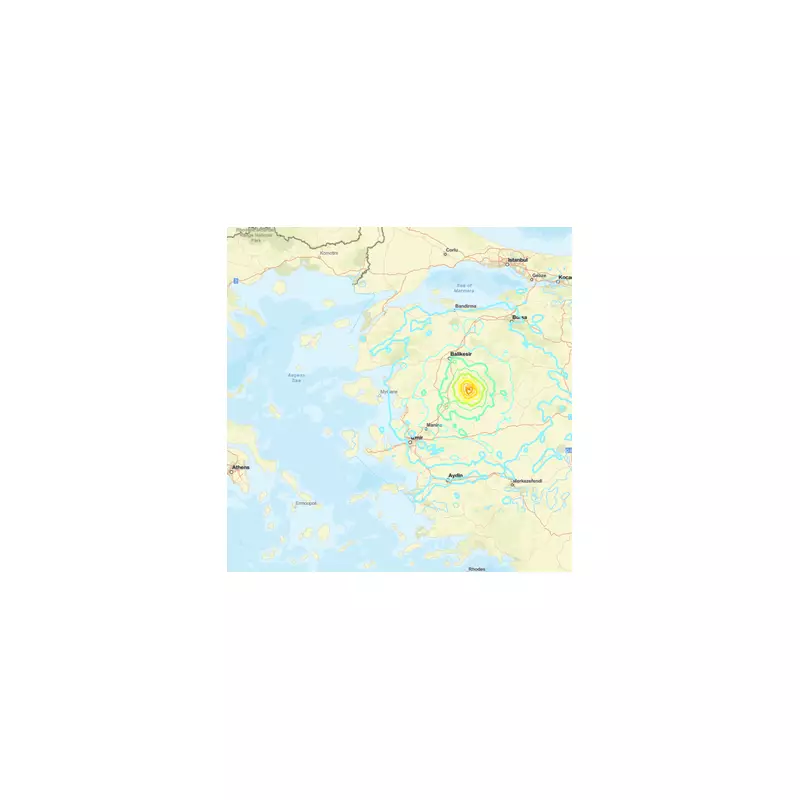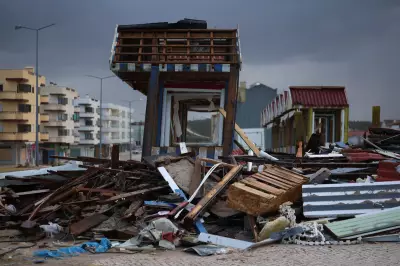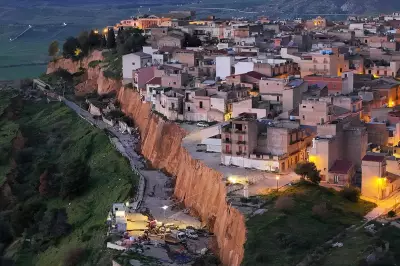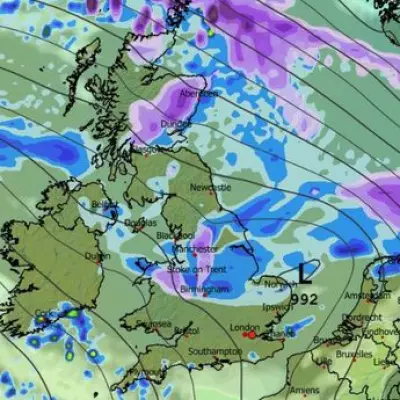
A powerful 5.1 magnitude earthquake has struck western Turkey, sending shockwaves through the Balıkesir region and putting emergency services on high alert. The seismic event occurred at a depth of approximately 7 kilometres, creating significant ground shaking that was felt across multiple districts.
Immediate Impact and Emergency Response
The quake's epicentre was located in the Gönen district of Balıkesir, a region familiar with seismic activity. According to Turkey's Disaster and Emergency Management Authority (AFAD), emergency teams were immediately dispatched to assess damage and assist residents. Initial reports suggest the earthquake was strongly felt in surrounding areas, with many residents reporting violent shaking that lasted for several seconds.
Aftershocks Keep Residents on Edge
Since the main quake, the region has experienced multiple aftershocks, keeping anxiety levels high among local populations. Seismologists are closely monitoring the situation, warning that further aftershocks remain possible in the coming hours and days. The continuous tremors have prompted many residents to remain outdoors as a precautionary measure, despite chilly evening temperatures.
Historical Context and Regional Vulnerability
This latest seismic event serves as a stark reminder of Turkey's position within one of the world's most active earthquake zones. The country sits atop several major fault lines, including the North Anatolian Fault, which has produced devastating quakes throughout history. The Marmara region, not far from today's epicentre, remains a particular concern for seismologists who warn of potential major seismic activity in the coming years.
Current Damage Assessment
While comprehensive damage reports are still emerging, early indications suggest:
- Minor structural damage to buildings in the immediate epicentre area
- No immediate reports of serious injuries or fatalities
- Disrupted power and communication lines in some villages
- Emergency services conducting systematic building inspections
Authorities have established emergency coordination centres to manage the response and provide assistance to affected communities. The situation remains fluid as assessment teams reach more remote areas.





